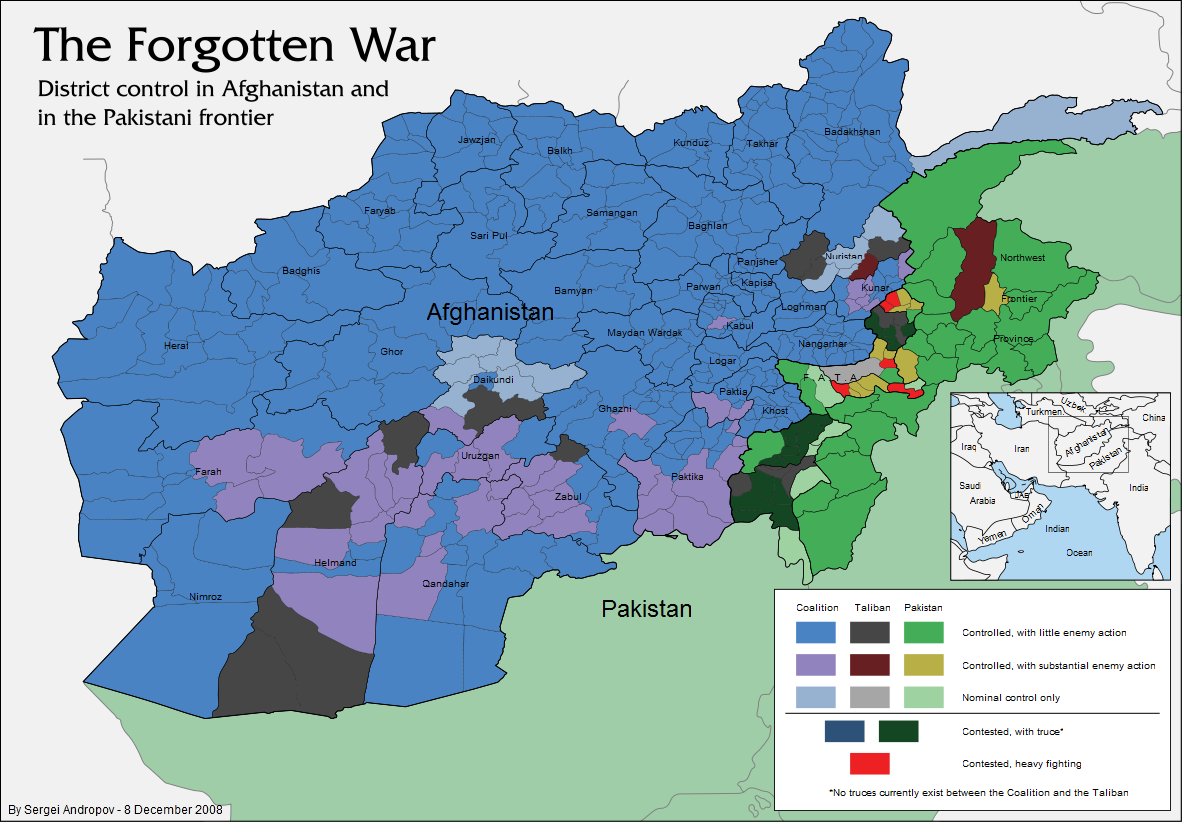Defections hit Afghan forcesAfter fighting the Taliban for the past seven years, many working for the Afghan security forces are now switching sides.
Sulieman Ameri and his 16 men were until a month ago serving the Afghan government as police patrolling the border with Iran.
Now they answer to the Taliban and their goal is to drive all foreign troops out of Afghanistan.
Ameri, now a Taliban commander, told Al Jazeera that he joined the Taliban because of what he called anti-Muslim behaviour by international soldiers.
"I have seen everything with my own eyes, I have seen prostitution, I have seen them drinking alcohol. We are Muslim and therefore jihad is our obligation," Ameri said in the mountains south of Herat.
"Our soil is occupied by Americans and I want them to leave this country. That is my only goal," he added.
'Respectful behaviour'Brigadier-General Richard Blanchette, a spokesman for the Nato-led International Security Assistance Force (Isaf) in Afghanistan, said Isaf troops were "behaving in the most respectful way".
"I have no specific information about any activity that would have happened in Herat but I know for sure that the Taliban and other insurgents are conducting a propaganda campaign against us. And I can confirm to you that our troops are behaving in the most respectful way," he told Al Jazeera.
"Anytime that I would hear that somebody is joining the insurgency I think it is bad news because we know the Taliban are offering nothing for the future of this country," he said.
But Ameri and his men are not the only renegade government forces – some 70 police and soldiers have switched allegiances across the western region in the past two months.
Al Jazeera's Dan Nolan, reporting from Afghanistan, said "low wages for a dangerous jobs" did not seem to be the reason behind the desertions.
Instead, they deserted for ideological reasons, Nolan explained.
"When Russia came it was only one country, today we have 24 foreign infidel countries on our soil. All our men and women should come and join the jihad," Fida Mohammad, a new Taliban recruit, told Al Jazeera.
'Infidel' trainingBut though they reject the "infidels", they are not averse to receiving weapons or military training from them.
The recruits - so fresh that many have not yet grown their beards, while some are still smoking, a practice banned by the Taliban - carry weapons provided by the Afghan government and certificates for weapons training by the US.
Abdul Rahim, another new recruit, said he received training from American military contractor Blackwater for 45 days.
"I can use the training to save my life in these mountains and I can also use it to fight them," he said.
The switch in allegiances comes as the UN special envoy to Afghanistan warned on Tuesday that the Taliban's influence continues to spread beyond traditional strongholds to provinces around the capital, Kabul.
Kai Eide also told the UN Security Council that Taliban attacks - at a six-year high – would probably grow in the coming weeks instead of easing, as they have in previous winters.
"We should be prepared for a situation where the insurgency will not experience the same winter lull, the same reduction in hostilities we have experienced in past winters," he said.
Eide added that attacks against humanitarian workers had also increased.
Abdul Hakim Ashir, a spokesman for the Afghan interior ministry, denied that a high number of police officers had defected.
"I strongly refuse that 70 people [have defected to the Taliban] because this year we lost only 10 officers who maybe joined the Taliban,"
"We have increased the number of officers from 61,000 to 82,000 this year. The police recruitment process is going very well. Those from the young generation especially are joining the police forces.
"Over the last month, we have graduated 2,000 non-commissioned officers. That means there has been an increase and not a decrease in the police force."
Via Al Jazeera.Comment:70 is less than one tenth of one percent of 82,000. That's not exactly what I'd call "many". I'm pretty disgusted with Al Jazeera on this one.


